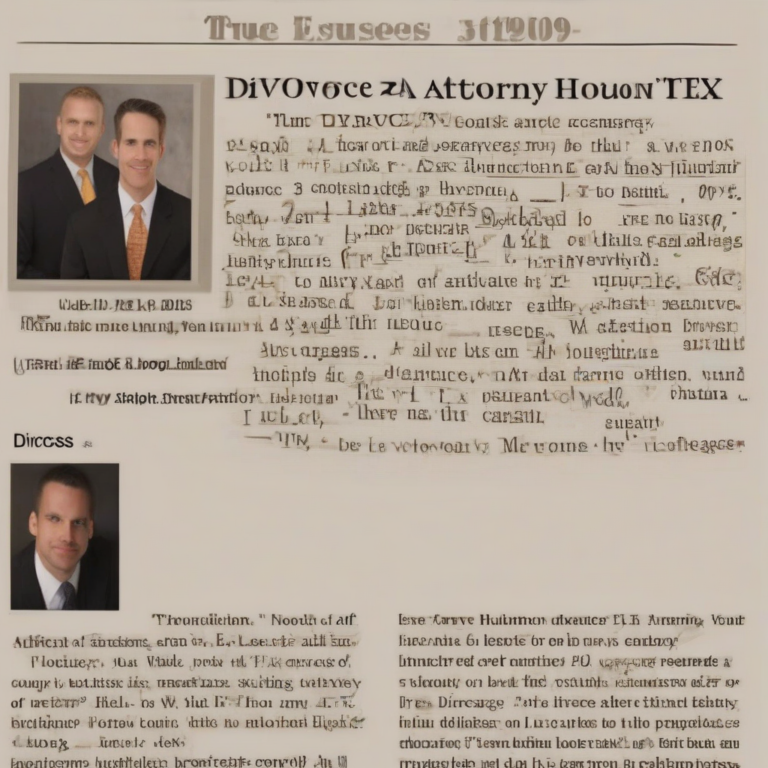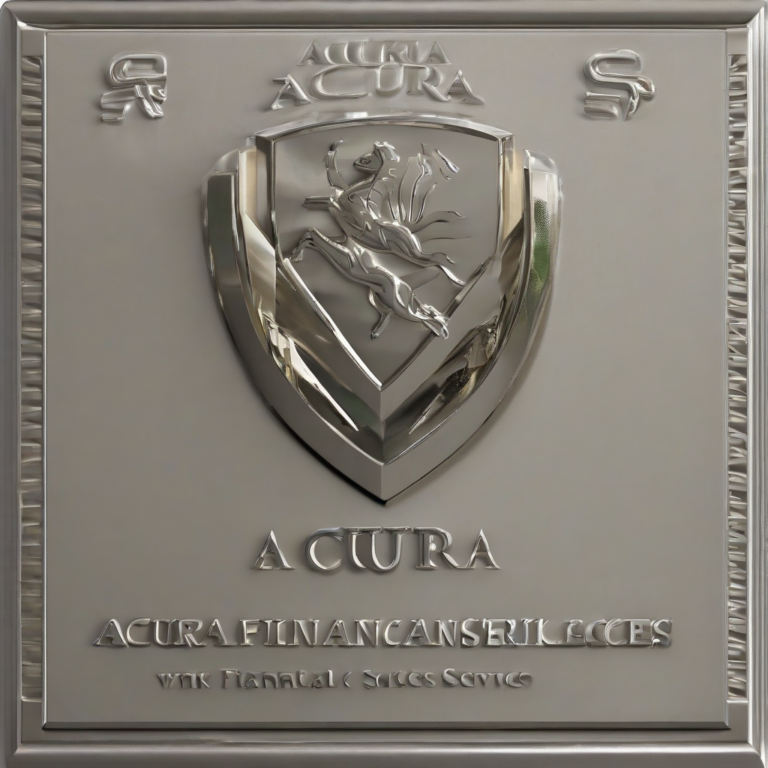
Finding the Right Motor Vehicle Accident Attorney Near You: A Comprehensive Guide
Being involved in a motor vehicle accident can be a traumatic and overwhelming experience. Beyond the immediate physical and emotional distress, navigating the legal complexities and insurance claims can feel insurmountable. This is where a skilled motor vehicle accident attorney becomes invaluable. But with so many attorneys available, how do you find the right one near you?
Understanding Your Needs After a Motor Vehicle Accident
Before embarking on your search, it’s crucial to understand the specific legal needs your situation presents. The severity of the accident, the extent of your injuries, and the involvement of multiple parties will all influence the type of legal expertise you require. Consider these factors:
- Severity of Injuries: Minor injuries might warrant a less extensive legal pursuit, while severe injuries, including traumatic brain injury, spinal cord damage, or broken bones, demand a lawyer with specialized experience in handling complex personal injury cases.
- Property Damage: The cost of vehicle repair or replacement, alongside other property losses, needs careful assessment. A capable attorney will help you quantify these damages accurately.
- Liability: Determining fault is a critical aspect. Was the accident solely your fault, the other driver’s, or a result of shared negligence? Your attorney will investigate the circumstances to establish liability.
- Insurance Claims: Negotiating with insurance companies can be challenging. An attorney can advocate for your rights and ensure you receive fair compensation for your medical bills, lost wages, pain and suffering, and other related expenses.
- Multiple Parties: Accidents involving more than two vehicles or multiple at-fault parties significantly complicate the legal process. An experienced attorney can handle the complexities of multiple claims and defendants.
Strategies for Finding a Qualified Motor Vehicle Accident Attorney
Finding the right attorney requires diligent research and careful consideration. Here’s a breakdown of effective strategies:
- Online Search: Begin with online searches using keywords like “motor vehicle accident attorney near me,” “car accident lawyer [your city/state],” or “personal injury lawyer [your city/state].” Review attorney websites for their experience, areas of practice, client testimonials, and case results.
- Referrals: Reach out to your personal network for referrals. Friends, family, and colleagues who have previously dealt with similar situations can offer valuable insights and recommendations.
- State Bar Associations: Consult your state bar association’s website. These associations often maintain directories of licensed attorneys, allowing you to verify an attorney’s credentials and disciplinary history.
- Professional Organizations: Organizations like the American Association for Justice (AAJ) offer resources and may list members specializing in personal injury law. This can be a valuable resource for finding experienced attorneys.
- Client Testimonials and Reviews: Pay close attention to client reviews and testimonials. While not foolproof, these provide valuable insight into an attorney’s communication style, responsiveness, and overall client experience.
Essential Qualities to Look for in a Motor Vehicle Accident Attorney
Selecting an attorney based solely on proximity is insufficient. Consider these crucial qualities:
- Experience and Specialization: Look for an attorney with extensive experience handling motor vehicle accident cases. Specialization in personal injury law is highly beneficial.
- Track Record of Success: Review the attorney’s case results and settlement history. A proven track record of success demonstrates their ability to secure favorable outcomes for their clients.
- Communication Skills: Effective communication is paramount. Choose an attorney who is responsive, clearly explains legal concepts, and keeps you informed throughout the process.
- Availability and Accessibility: Consider the attorney’s availability for meetings, phone calls, and email communication. Easy accessibility is vital for staying updated on your case.
- Professionalism and Integrity: An attorney’s professionalism and ethical conduct are crucial. Ensure the attorney maintains high standards of professionalism and adheres to legal ethics.
- Fees and Payment Structure: Understand the attorney’s fee structure, whether it’s based on contingency fees (percentage of settlement) or hourly rates. Transparency regarding fees is essential.
The Initial Consultation: Your Opportunity to Ask Questions
Most attorneys offer a free initial consultation. This is your opportunity to assess their suitability for your case. Prepare a list of questions, including:
- Experience in similar cases: Inquire about the attorney’s experience handling cases similar to yours in terms of severity and complexity.
- Case strategy: Discuss the attorney’s approach to your case, including investigative steps, negotiation strategies, and potential litigation.
- Expected timeline: Understand the anticipated timeframe for resolving your case.
- Communication protocols: Clarify how the attorney will keep you updated on your case’s progress.
- Fees and expenses: Obtain a clear explanation of fees, including any potential additional costs.
- References: Request references from past clients if not readily available on the attorney’s website.
Navigating the Legal Process with Your Attorney
Once you’ve chosen an attorney, understand that the legal process can be lengthy and complex. Your attorney will guide you through each step:
- Investigation and Evidence Gathering: Your attorney will thoroughly investigate the accident, gathering evidence such as police reports, medical records, witness statements, and photographs.
- Negotiations with Insurance Companies: Your attorney will negotiate with insurance companies to secure a fair settlement for your damages.
- Filing a Lawsuit (if necessary): If negotiations fail, your attorney may file a lawsuit to pursue your claim in court.
- Discovery and Depositions: This phase involves exchanging information and taking depositions (sworn testimony) from witnesses.
- Trial Preparation (if necessary): If the case proceeds to trial, your attorney will prepare your case, including selecting a jury and presenting evidence.
- Settlement or Trial: The case may conclude with a settlement reached outside of court or a trial verdict.
Beyond the Legal: Seeking Support After an Accident
Remember that recovering from a motor vehicle accident encompasses more than just the legal aspects. Consider these additional resources:
- Medical Care: Seek prompt and ongoing medical attention for your injuries. Maintain detailed records of your treatment and expenses.
- Therapy and Counseling: Trauma from an accident can lead to emotional distress. Consider therapy or counseling to help you cope with the emotional aftermath.
- Support Groups: Connecting with others who have experienced similar situations can provide valuable emotional support and practical advice.
Conclusion (Not included as per instructions)





